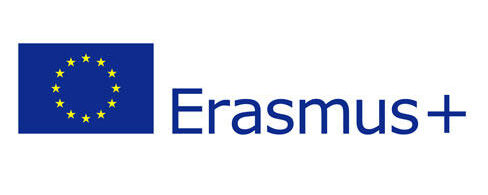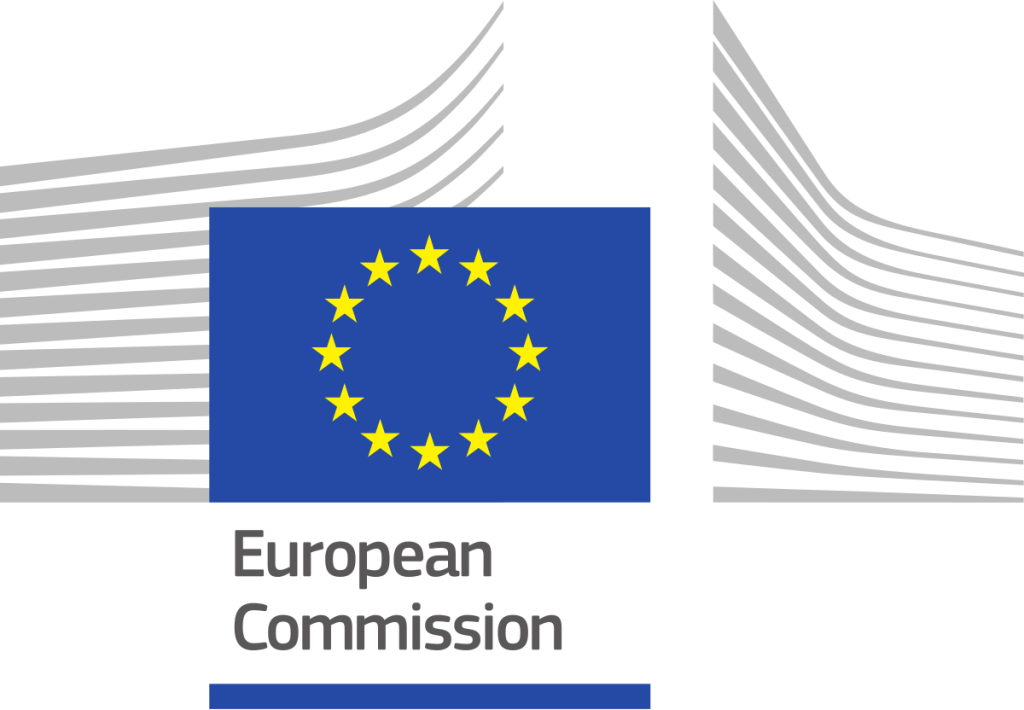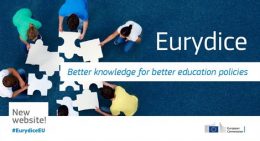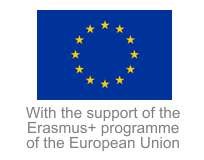Introduction
TEMPUS is the European Union’s programme which supports the modernisation of higher education in the EU’s surrounding area. Tempus promotes institutional cooperation that involves the European Union and Partner Countries and focuses on the reform and modernisation of higher education systems in the Partner Countries of Eastern Europe, Central Asia, the Western Balkans and the Mediterranean region.
It also aims to promote voluntary convergence of the higher education systems in the Partner Countries with EU developments in the field of higher education. With regards to the Western Balkans, Tempus contributes to preparing the candidate and potential candidate countries for a participation in the integrated Life Long Learning Programme.
In addition to promoting cooperation between institutions, Tempus also promotes a people-to-people approach.Tempus provides support to consortia of institutions composed mainly of universities or university associations. Non-academic partners can also be part of a consortium.
The Tempus programme is implemented in close coordination with the Erasmus Mundus programme which provides scholarships to third country students allowing them to participate in top-level Master courses and Doctorate programmes outside the EU.
Objectives
The overall objective of Tempus is to contribute to the creation of an area of cooperation in the field of higher education between the European Union and the Tempus Partner Countries.
The specific objectives of Tempus are as follows:
- To promote the reform and modernisation of higher education in the Partner Countries;
- To enhance the quality and relevance of higher education to the world of work and society in the Partner Countries;
- To increase the capacity of higher education institutions in the Partner Countries and the EU, in particular their capacity to cooperate internationally and to continually modernise;
- To assist them in opening up to the world of work and the society at large in order to:overcome inter-country fragmentation in the area of higher education and inter-institutional fragmentation in the countries themselves;
- enhance inter-disciplinary thinking and working within and between faculties and universitiesarity and trans-disciplinarity between university faculties;
- enhance the employability of university graduates;
- make the European Higher Education Area more visible and attractive to the world;
- To foster the reciprocal development of human resources;
- To enhance mutual understanding between the peoples and cultures of the EU and the Partner Countries.
Programme Management
The Education, Audiovisual and Culture Executive Agency (EACEA) is responsible for the management / implementation of all Tempus Actions and acts under powers delegated by the European Commission.
The formal responsibility for supervising the activities of the Tempus Programme lies with two departments of the European Commission, the EuropeAid Development and Cooperation Office(DEVCO) and the Directorate-General for Enlargement (ELARG), since both allocate funds directly to the Executive Agency to manage the Programme. In line with their mandate, the European External Action Service (EEAS) contributes to the strategic orientations of the Programme and theDirectorate-General for Education and Culture (EAC) brings in its sectoral expertise and facilitates linkages with the EU’s internal higher education reform policies. These two Commission Departments are therefore also associated with the implementation of the Tempus Programme.
Sources of Funding
The programme is funded on an annual basis by the following financial instruments:
- Instrument for Pre-accession Assistance – IPA (for proposals involving Tempus Partner Countries in the Western Balkans). The IPA is the European Union’s financial instrument for the pre-accession process. Assistance is provided on the basis of the European Partnerships of the potential candidate countries and the Accession Partnerships of the candidate countries, namely the Western Balkans and Turkey. The IPA is a flexible instrument and provides assistance which is linked to the progress made by the beneficiary countries and their needs, as shown in the Commission’s evaluations and annual strategy papers.
- European Neighbourhood and Partnership Instrument – ENPI (for proposals involving Tempus Partner Countries in the Southern and Eastern EU neighbouring area). The ENPI provides financial support for the European Neighbourhood Policy and ENP countries plus Russia. The main objective of the ENP is the mutual interest of the EU and its neighbours in promoting reform, the rule of law, stable democracies and prosperity – prosperity, security and stability – throughout the neighbourhood of the enlarged European Union. The ENPI is a “policy driven” instrument that operates in the framework of the existing bilateral agreements between the European Union and the neighbouring countries.
- Development Cooperation Instrument (for proposals involving Tempus Partner Countries in Central Asia). Under this instrument, the European Union finances measures aimed at supporting geographic cooperation with the developing countries included in the list of aid recipients of the Development Assistance Committee of the Organisation for Economic Cooperation and Development (OECD/DAC). Its aim is to improve development cooperation whose objectives are poverty reduction, sustainable economic and social development and the smooth and gradual integration of developing countries into the world economy.






